Company: Zoom
Founded: 2011
Founder: Eric Yuan
Description: Video conference tool
This playbook focuses on marketing strategies and tactics used by Zoom.
The marketing playbook series is for founders who want to:
1. learn from real-life examples
2. discover which growth strategies fit which businesses and industries
3. find the 20% of strategies that return 80% of results
Niche Marketing

1. Zoom for Education
Zoom is used by more than 6900 educational institutions.
They cater their messaging and features to educational institutions to make sales.
There’s an entire page dedicated to customers in the education space.
The page boasts integration with Moodle, Canvas, Desire2Learn, Sakai, and Blackboard. Zoom also highlights accessibility features such as closed captioning. (Zoom for Education)

2. Zoom for Financial Services
Zoom also caters to financial institutions. They highlight features such as end-to-end encryption, data sovereignty and role-based access control.
Zoom also showcases a white paper by Frost & Sullivan and a case study on Nasdaq. (Zoom for Finance)

3. Zoom for Government
Zoom presents government stakeholders with a case study that shows how Monroe County used Zoom to communicate across the Florida keys after hurricane Irma. (Zoom for Government)

4. Zoom for Healthcare
Zoom for Healthcare highlights HIPPA and PIPEDA/PHIPA compliance.
They also tout integration with Epic and medical device integrations. (Zoom for Healthcare)
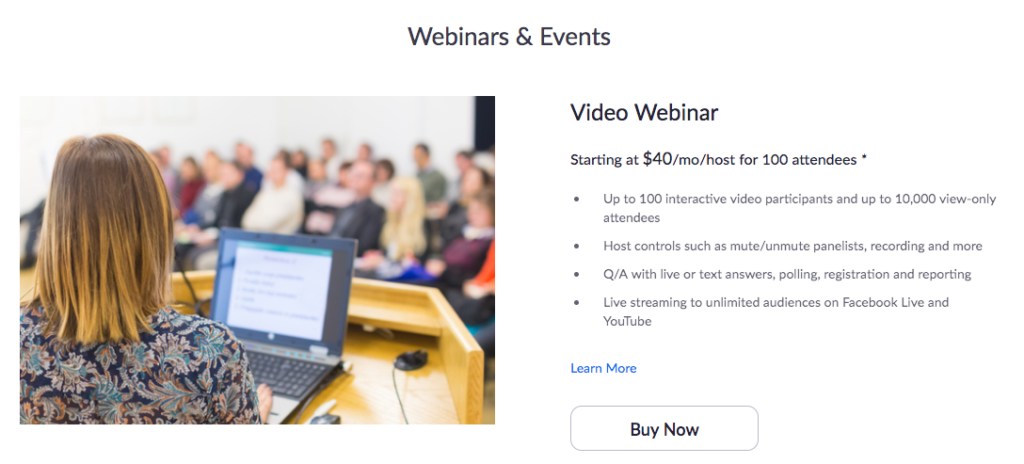
5. Webinars
Zoom also designed an offering to help customers conduct webinars.
They allow customers to broadcast video across social channels such as Facebook Live and YouTube. Up to 100 live video panelists can share their webcam and interact with the audience. (Zoom for Webinars)

6. Focused Tool
Zoom became a juggernaut in a crowded market by working with ruthless focus.
They used simplicity and excellence to beat more general players who became comfortable or spread themselves too thin. Think disruption theory.
This strategy is similar to what allows Superhuman to charge users in a space that’s typically free. (Post)
Ease Marketing
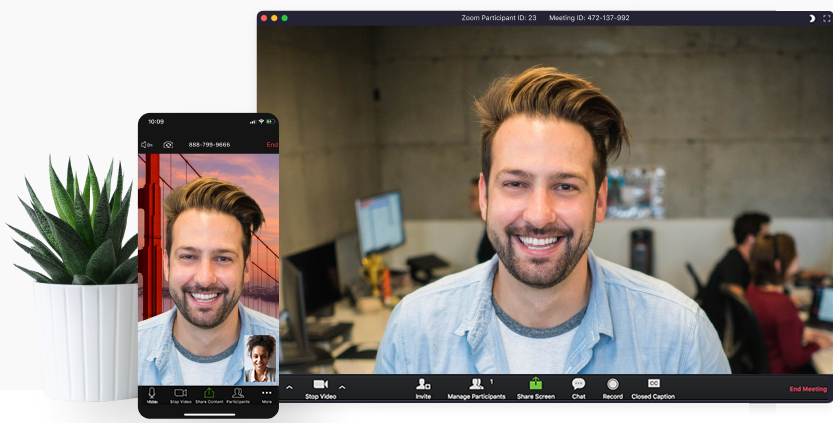
7. Video Quality
Zoom customers often praise the tool for simplicity and quality.
Nick Chong, Zoom’s Head of Product Marketing explained: We have a relentless focus on making the best product with the best user experience. This is ultimately what every customer wants. Toward this end, we spend much of our time listening to customers and fine-tuning our software to fit their needs. (Post)
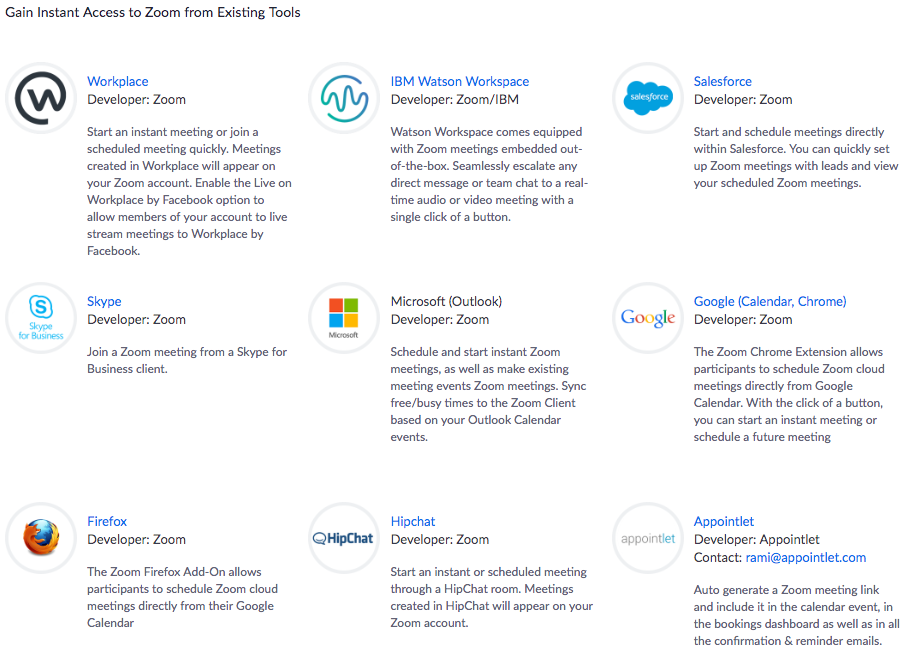
8. Integration
Zoom developed integration with third-part products to reduce friction. (Integrations)
Credibility Marketing

9. Phone on Landing Page
Showing a phone number on the landing page raises trust and signals credibility. (Page)
Freemium Marketing
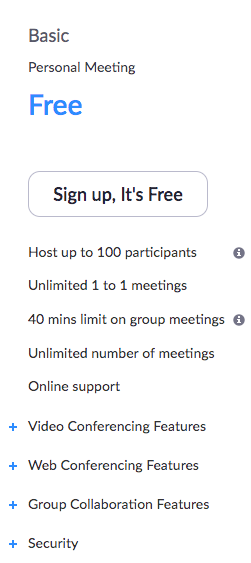
10. Free Plan
Free plans lower the barrier to adoption. Free users also become leads that Zoom can test offers on.
Freemium models are common in SaaS. This works well in areas where there are zero marginal costs. (Pricing)
Micro Marketing

11. CEO Contacting Cancelled Customers
Early on, Zoom’s CEO, Eric Yuan personally contacted everyone who canceled a Zoom subscription.
One customer accused him of impersonating the CEO until Mr. Yuan offered to get on a Zoom call with him.
This dedication to customer success helped Zoom detect issues early and improve faster. (Post)
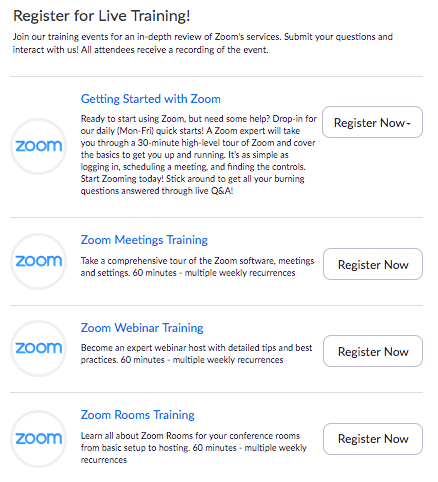
12. Live Training
The customer lifetime value of Zoom customers justifies live training sessions. Zoom removes the training burden from employers and eases adoption friction. (Zoom Live Training)
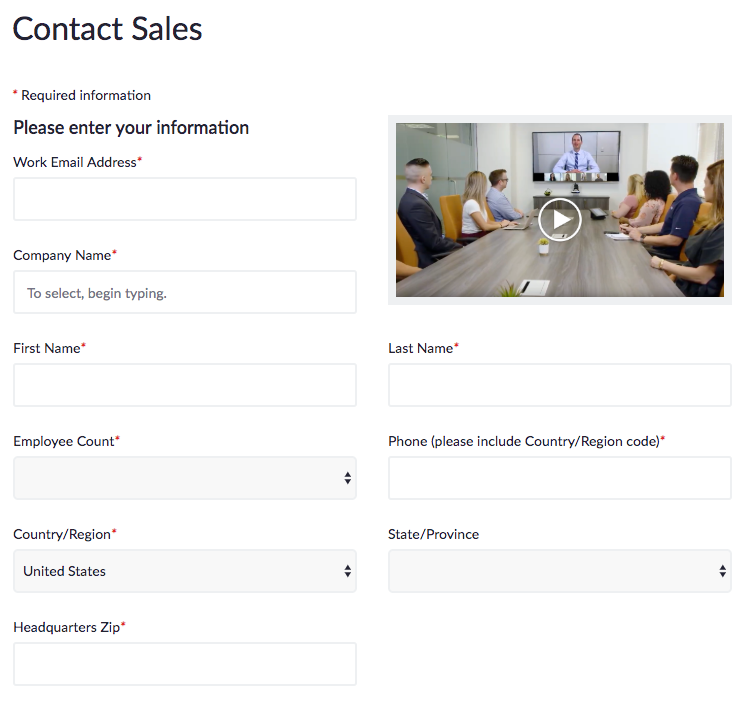
13. Sales
Similar to Stripe, Zoom offers self-serve and sales models.
Salespeople are especially helpful with navigating legal and security concerns specific to customers in government, education, health and financial services. (Zoom — Sales)
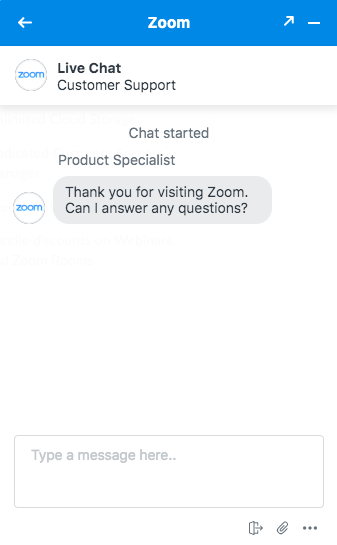
14. Chat Pop-Up
Zoom’s pop-up chat is great for objection handling and general questions.
This feature mixes scalability with a personal touch. Chat bots can direct users to documentation or turn them into leads if they need further assistance. (Page)
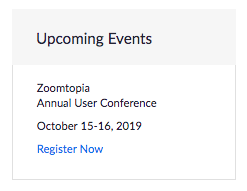
15. Events
Zoom’s high customer lifetime value supports events. (Zoom Events)
Viral Feature Marketing

16. Social Tool
The social nature of Zoom lends itself to virality. The value of tool lies in connecting two or more people. (Post)
Social Proof Marketing

17. Glassdoor
Companies must market to employees as well as customers. Eric Yuan was awarded the top big company CEO award by Glassdoor with a 99 percent approval rating among his employees. (Post)
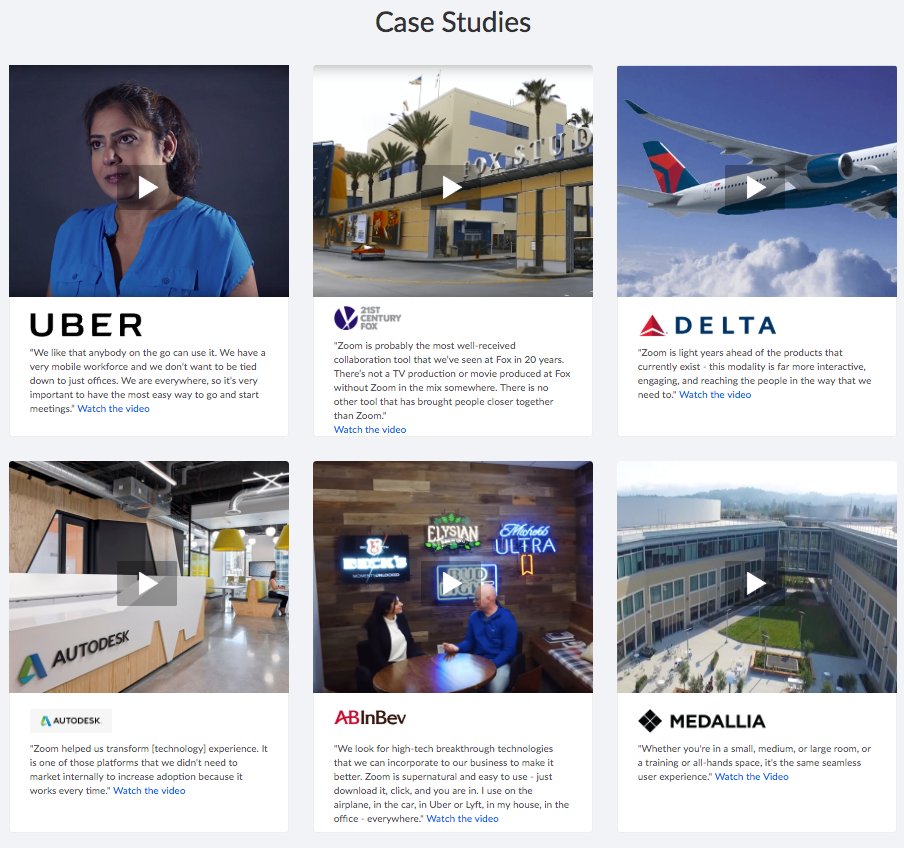
18. Customers Page
Zoom goes beyond showing well-known brand on their landing page.
They dedicate an entire page to customer success and case studies. Prospective customers can also parse the customer page by industry.
This allows prospective customers to find existing customers that are similar to them. This relevant social proof amplifies the effect. (Zoom Customers)
Paid Marketing

19. Physical Ads
Marketers expect to make multiple points of contact before customers take action.
Zoom raises brand awareness by advertising in airports, on buses and billboards.
Eric Yuan told CNBC that this type of brand exposure “actually speeds up sales cycles,” because it gives people who are thinking about trying or buying Zoom any extra boost of confidence. (Post)
Flywheel Marketing

20. Toll-Free Numbers
Zoom appealed to new customers by offering dedicated tool-free numbers. They deepen their grip on customers as the number of dependencies increase. (Zoom Audio)

21. Cloud Storage
Zoom moved into the storage space. This offering satisfies different needs and provides an additional revenue stream. (Zoom Cloud Recording)
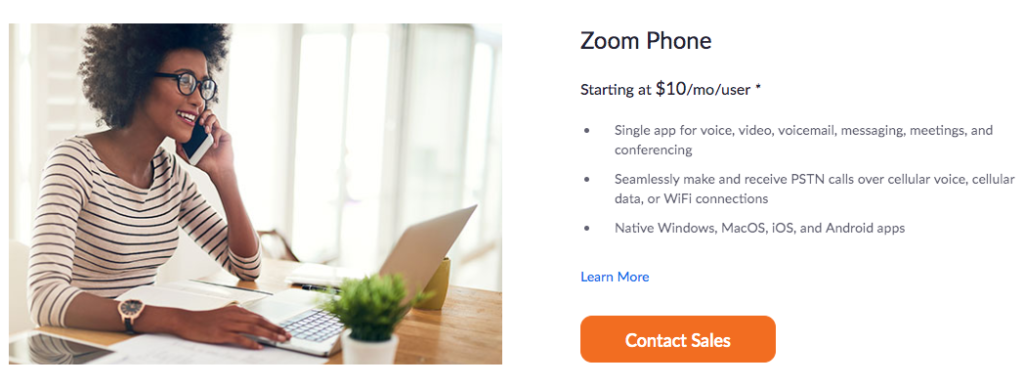
22. Zoom Phone
Zoom phone is a cloud-based PBX phone system for businesses. This allows Zoom to integrate with their own products while removing the need to deal with other vendors. (Zoom Phone)
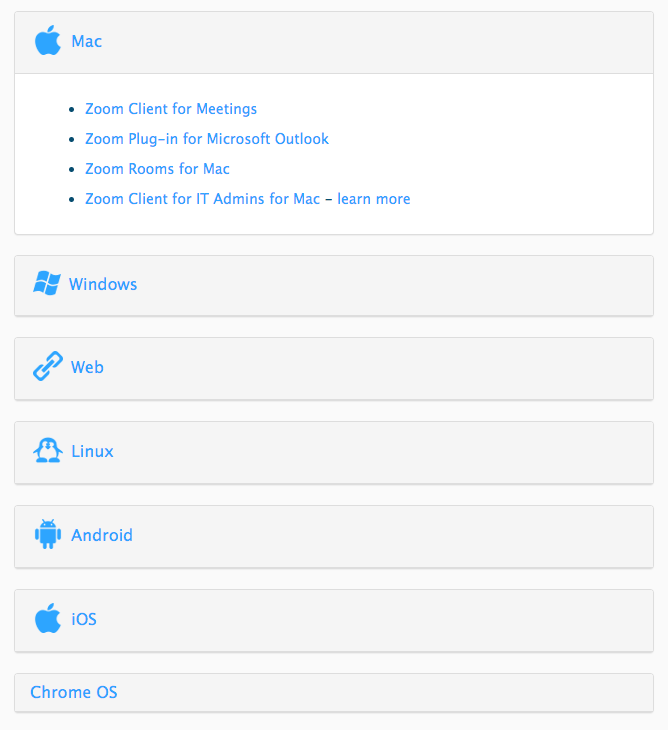
23. Multiple Platforms
Being on multiple platforms is important for a conferencing tool. Each platform satisfies a different customer segment.
Collaboration tools, Airtable and Notion, also build for multiple platforms. (Zoom Platforms)
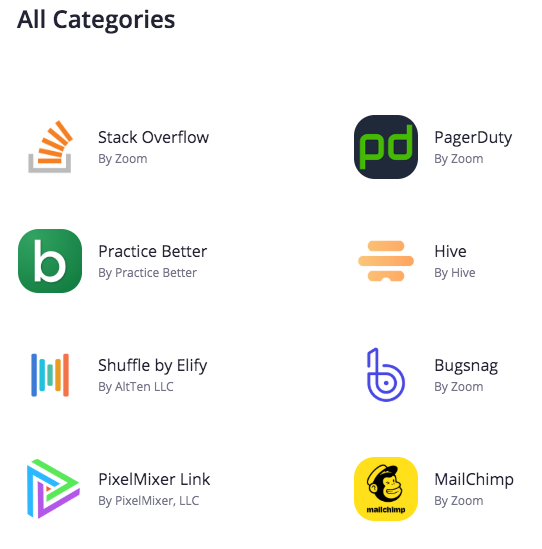
24. App Marketplace
Zoom publishes apps that integrates with third-party tools. This reduces usage friction for users.
The marketplace encourages others to build Zoom integration tools by offering distribution. Shopify and Webflow also have marketplaces for assets specific to their platform.
Companies can create conditions for others to invest into their platforms. (Zoom Marketplace)

25. Zoom Rooms
Zoom went further into the communications space with meeting room systems. (Zoom Rooms)
Affiliate Marketing
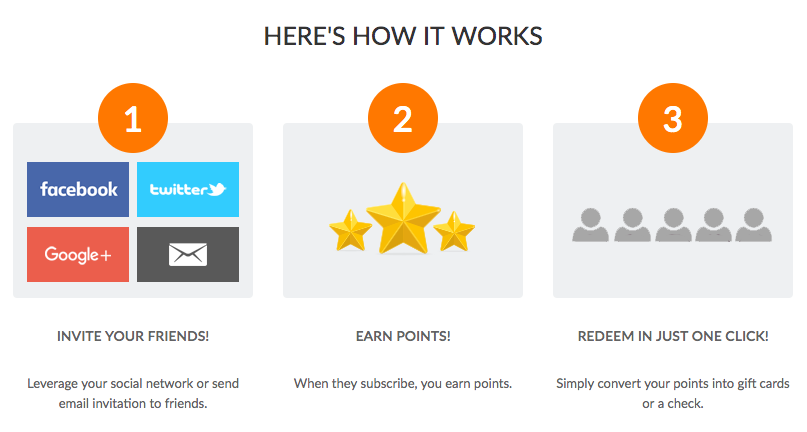
26. Individual Affiliate Program
Zoom unleashed the invisible hand to do their bidding by offering an affiliate program. Users act as salespeople and spread the word. (Zoom Referrals)
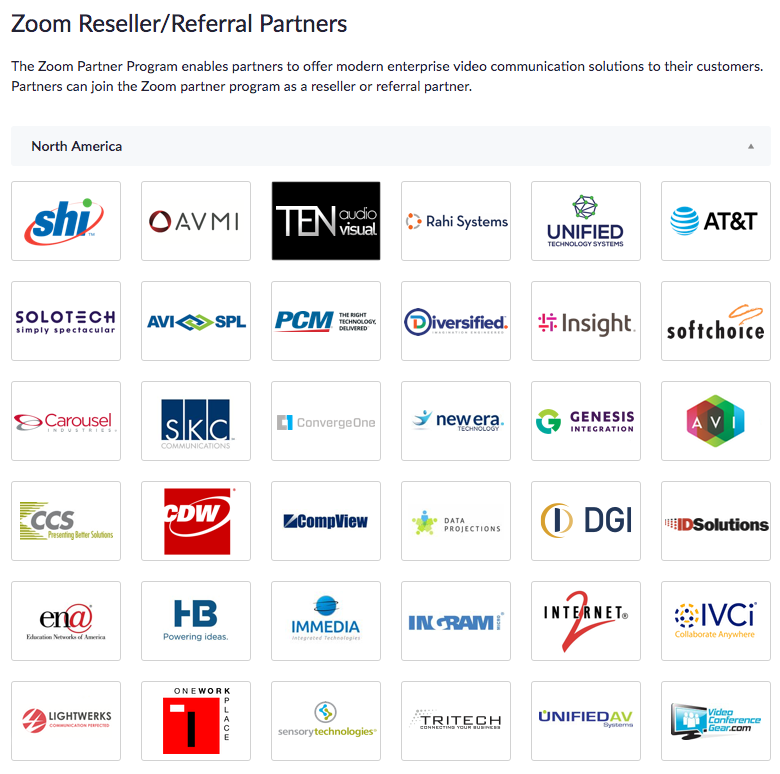
27. Enterprise Resellers
Zoom has established mutually beneficial relationships with other companies. They give these partners an incentive to help them with distribution. (Zoom Resellers)
Partnership Marketing
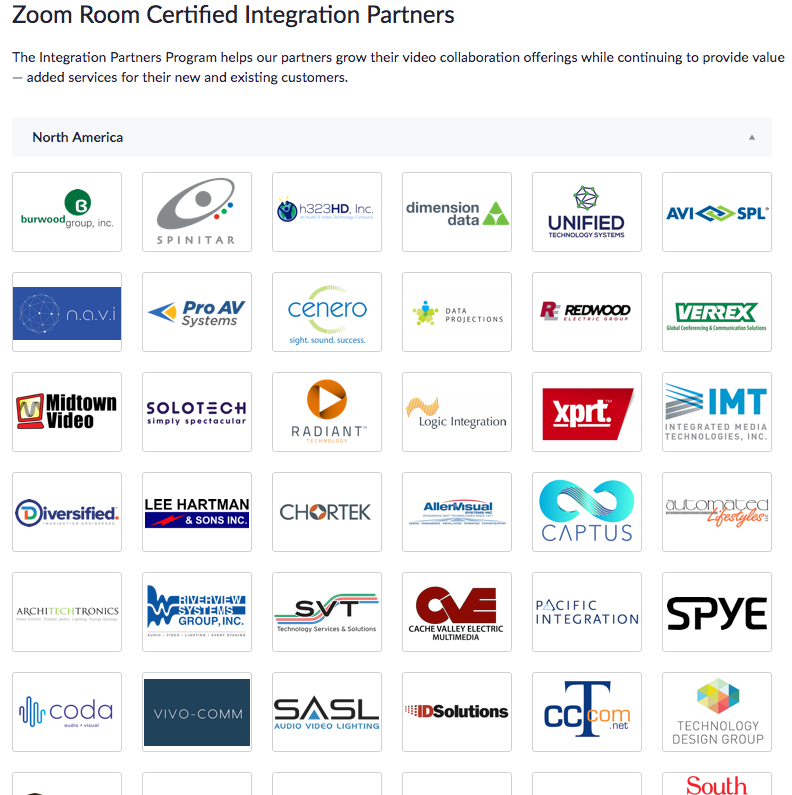
28. Certified Integration Partners
Zoom whitelists certain companies to help provide users with value-added services.
This allows Zoom to keep their hand in quality without getting bogged down with less scalable business models.
Zoom’s strategy is reminiscent of the AWS Partner Network. (Zoom Certified Integration Partners)
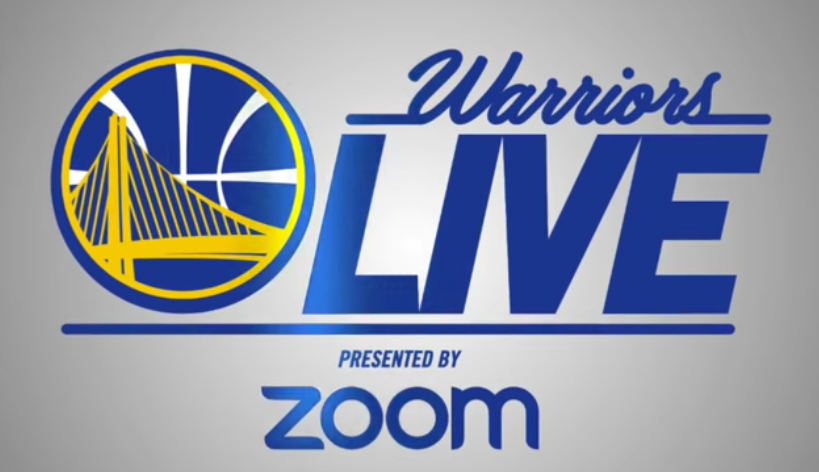
29. Golden State Warriors
In 2016, Zoom established a three-year deal with the Golden State Warriors.
The team gets to use their technology for free and Zoom gets prominent branding inside the arena during games. (Post)
Content Marketing
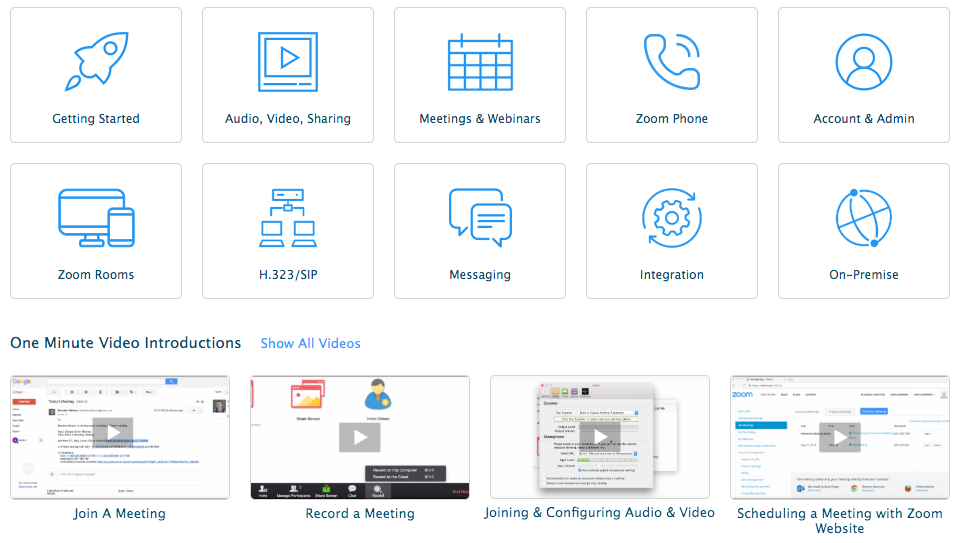
30. Help Center
Zoom’s help center provides scalable support. The videos and documentation signal their commitment to providing a great user experience.
Extensive documentation is also great for SEO. (Zoom Help Center)
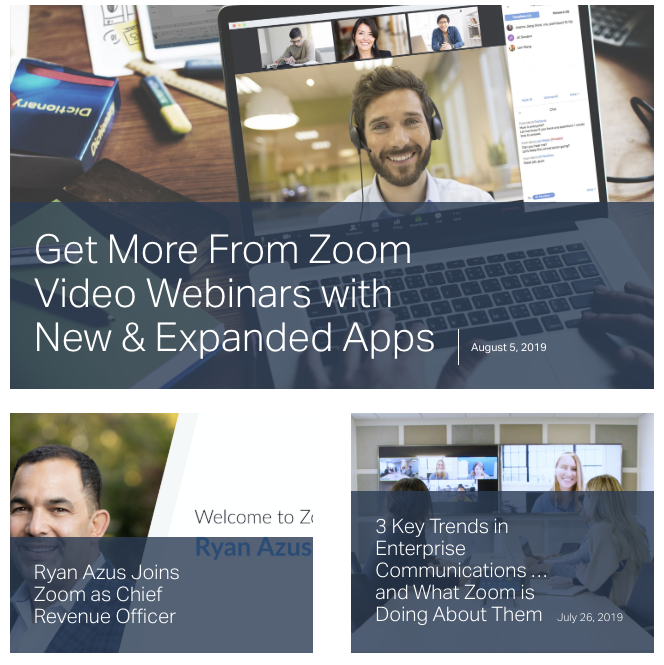
31. Zoom Blog
The Zoom blog contains event summaries, feature updates, customer spotlights and product stories. (Zoom Blog)
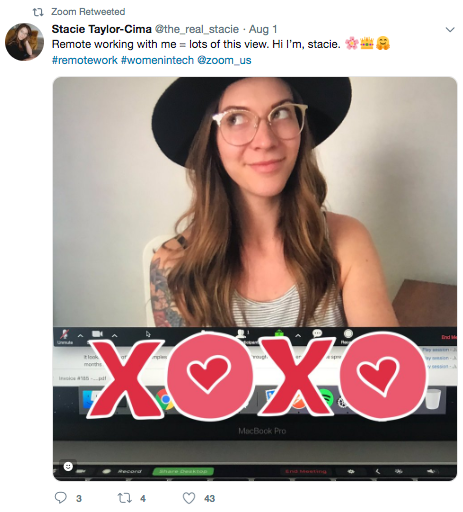
32. Twitter
Zoom uses Twitter to aggregate content from several platforms. They also retweet customer praise. (Zoom Twitter)
Thanks for reading!
Which company you would like to see next?
Let me know — @DruRly.
Check out the playbook series for more growth strategies.